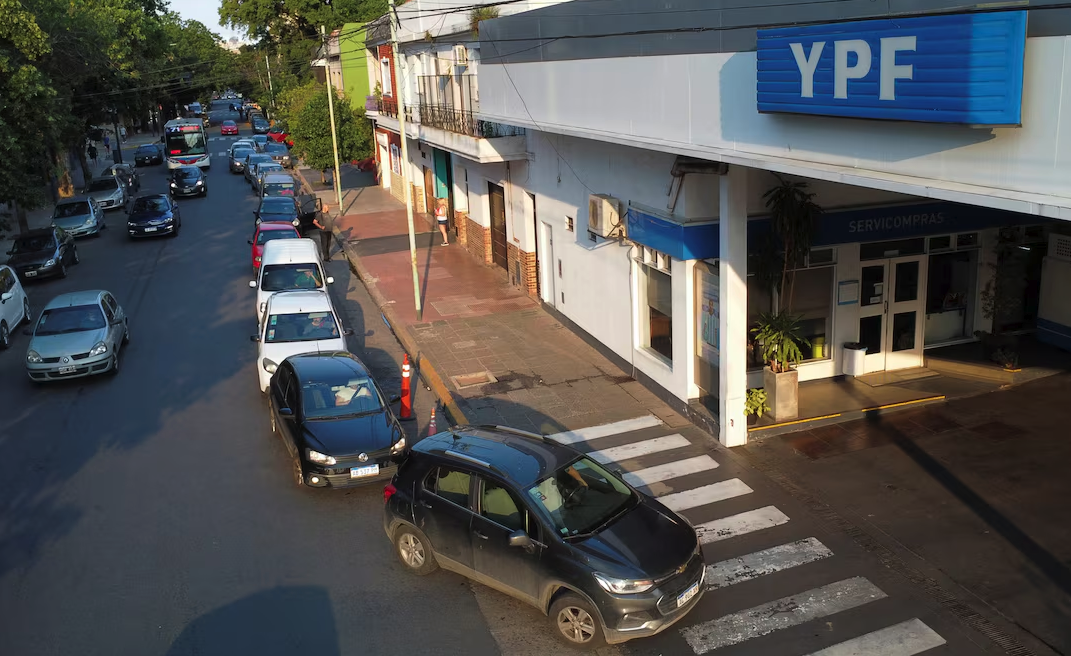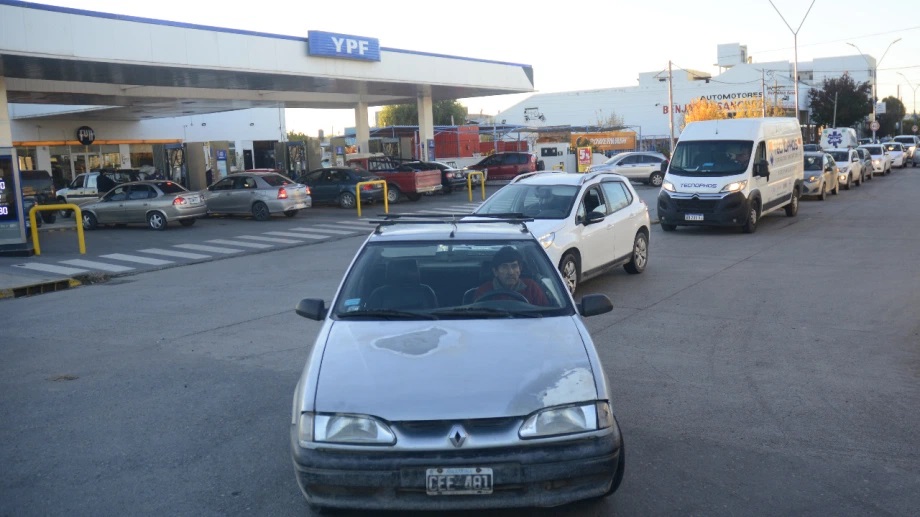NEW YORK, NEW YORK (By Jonathan Stempel, Reuters, 30.Jun.2025, Words: 437) — A U.S. judge on Monday ordered Argentina to give up its 51% stake in oil and gas company YPF to partially satisfy a $16.1 billion court judgment, handing a defeat to the cash-strapped country.
U.S. District Judge Loretta Preska in Manhattan said Argentina must transfer its YPF shares within 14 days to BNY Mellon, and instruct it to transfer the shares within one business day to the plaintiffs.
The case arose from Argentina’s 2012 seizure of the 51% YPF stake held by Spain’s Repsol, without tendering for shares held by minority investors.
Argentina has been appealing Preska’s September 2023 decision to award the $16.1 billion to Petersen Energia Inversora and Eton Park Capital Management, which are represented by litigation funder Burford Capital.
Burford has said it expected to receive 35% and 73% of Petersen’s and Eton Park’s respective damages.
Shares of Burford traded as much as 21.2% higher in New York after Monday’s decision, while YPF fell as much as 5.5%.
Neither Argentina nor its lawyers immediately responded to requests for comment. Burford and its lawyers did not immediately respond to similar requests.
Preska’s decision is a blow to Argentina’s President Javier Milei, whose government must urgently build up foreign currency reserves to pay its debts while fighting inflation.
The country in April obtained a $20 billion loan program from the International Monetary Fund.
Preska ruled on the same day that Argentina asked London’s High Court to block enforcement of the judgment, which Petersen and Eton Park had sought last year.
COMITY ‘NOT A ONE-WAY STREET’
Argentina argued that the YPF shares were immune from turnover under the federal Foreign Sovereign Immunities Act (FSIA), while Burford said a commercial activity exception and Argentina’s “many years” of evasion justified a turnover.
In her 33-page decision, Preska said Argentina’s control over YPF triggered the exception, and the shares could be transferred despite being located outside the United States.
She also rejected Argentina’s suggestion that comity, or the respect that countries afford each other by limiting how far their laws reach, weighed against her getting involved.
“Comity is not a one-way street,” Preska wrote.
“The United States has a strong interest in enforcing its judgments,” she added. “Foreign governments cannot simply override the exceptions to the FSIA by invoking its own law to shield its assets from execution in the United States.”
Argentina previously sought to limit overall damages to about $4.9 billion. The U.S. Department of Justice sided with Argentina in opposing a turnover.
____________________
Reporting by Jonathan Stempel in New York; Additional reporting by Adam Jourdan and Sam Tobin; Editing by Mark Potter and Marguerita Choy


